Eco-Friendly Garden Tools and Essentials for Beginners
Starting your own garden is a rewarding journey, and making eco-friendly choices from the outset benefits both your plants and the planet. By opting for sustainable tools and mindful practices, beginners can nurture a thriving garden without harming the environment. This guide introduces essential tools and tips to help you start gardening with a green footprint, focusing on durability, natural materials, and earth-friendly care solutions.
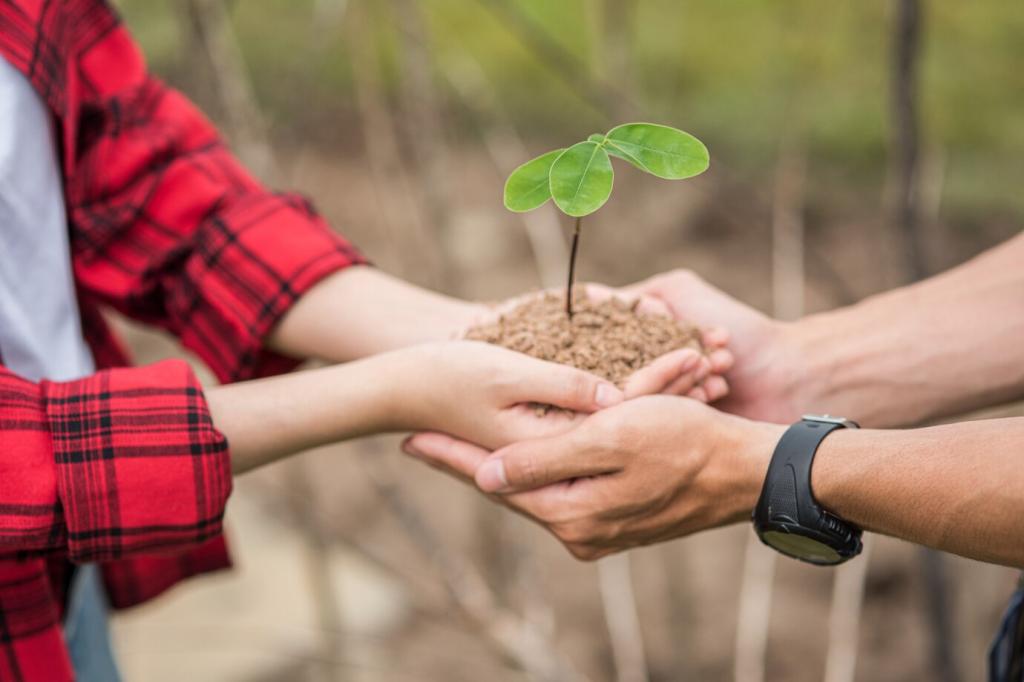
Materials that Matter
Selecting garden tools made from sustainable materials like bamboo, FSC-certified wood, and recycled metals dramatically reduces your environmental impact. Metal tools crafted from recycled steel or aluminum offer durability and prevent the need for frequent replacements. Bamboo handles are lightweight, strong, and rapidly renewable, making them an excellent alternative to plastic. When choosing wood, look for certifications that guarantee responsible forest management. By paying attention to the materials in your tools, you’ll make an investment that’s better for both your garden and the earth.
Durable Designs for Longevity
The true measure of an eco-friendly tool is not just in its materials, but also in its durability. Well-constructed tools resist wear and tear, lasting through multiple seasons of use. Look for features such as solid metal joints, rust-resistant coatings, and replaceable parts, which extend the life of each tool. Durable tools reduce waste by minimizing how often tools need to be replaced, contributing to a more sustainable gardening experience. This focus on longevity also makes gardening more enjoyable and efficient for beginners.
Avoiding Plastic Where Possible
Plastic is a ubiquitous material in garden tools, but it’s not necessarily the best for the environment. Whenever possible, choose alternatives with wooden, metal, or bamboo components to cut down on plastic waste. In cases where some plastic elements are unavoidable, seek out items made from recycled plastic or those designed to be fully recyclable themselves. By being mindful of your material choices, you help reduce landfill contributions and support a healthier planetary ecosystem while laying your gardening foundation.
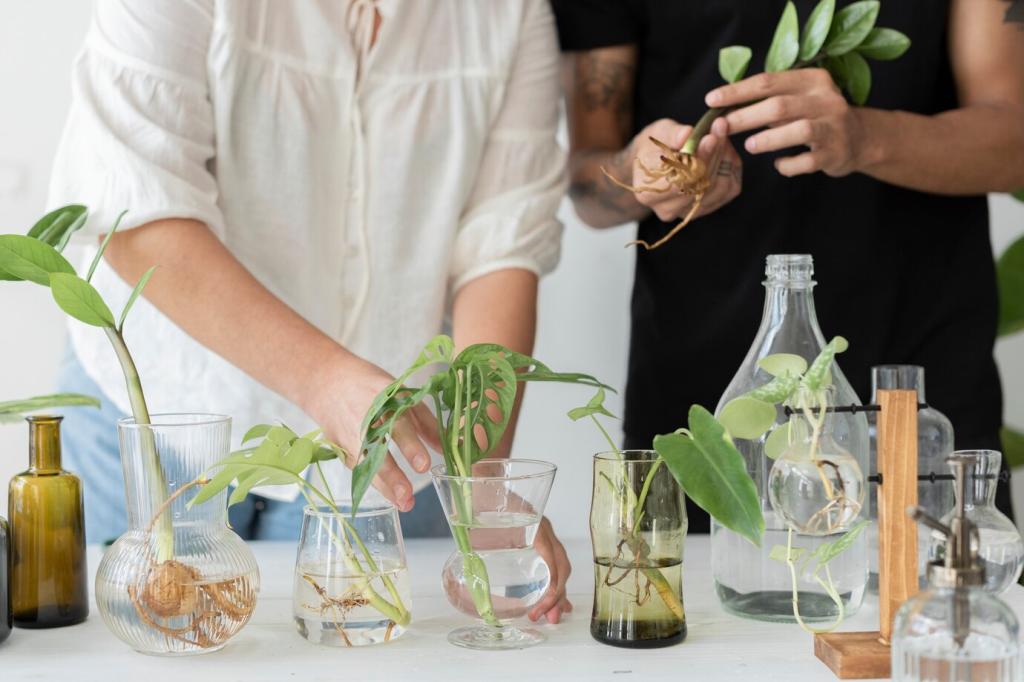
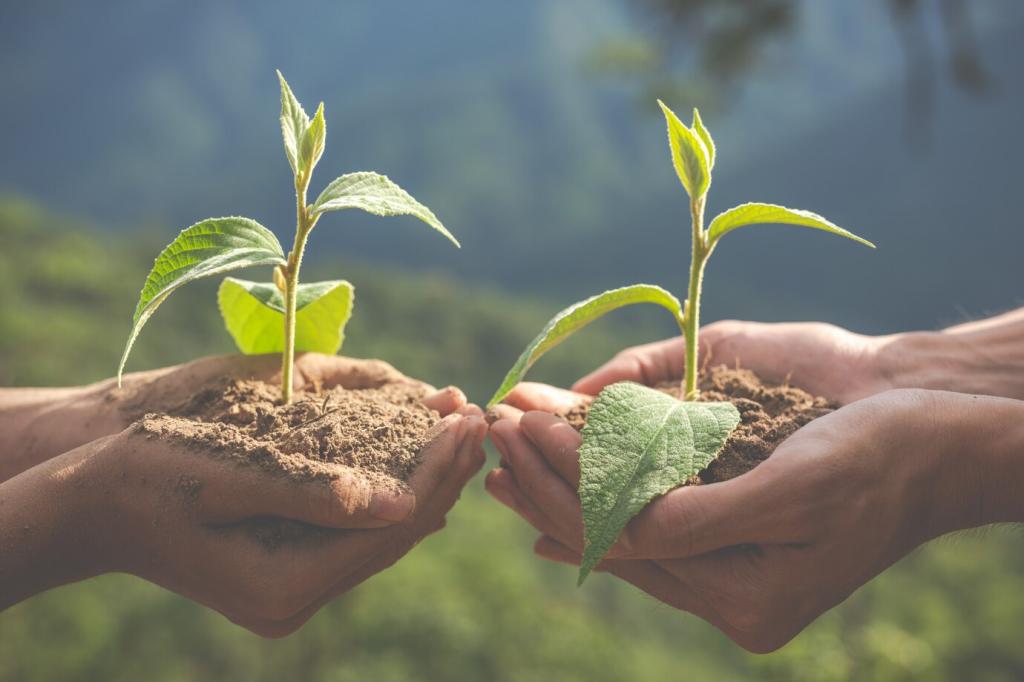
Natural pest control starts with organic repellents that deter harmful insects without toxic side effects. Plant-based sprays—such as those made from garlic, neem oil, or chili—offer targeted action while preserving the health of beneficial pollinators and soil organisms. By making your own repellents or choosing certified organic options, you reduce the chemical burden on your plants and contribute to a more resilient garden ecosystem. These methods are simple for beginners to apply and integrate into regular maintenance.
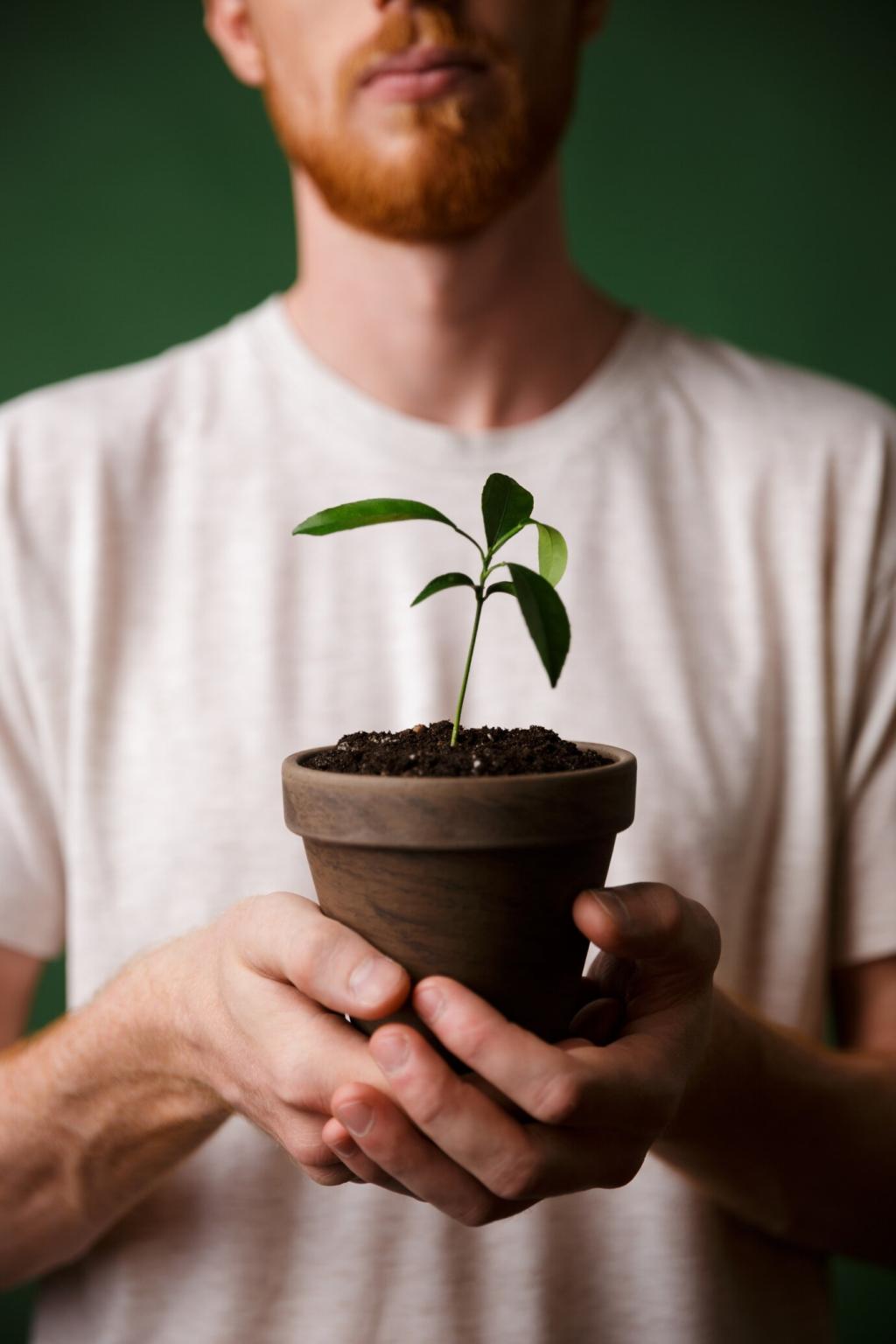
Instead of reaching for herbicides, beginners can protect their garden using physical barriers like row covers or netting to prevent pest intrusion. Hand weeding, though labor-intensive, allows precise removal of unwanted plants without disturbing soil life or introducing toxins. Regular attention to weeds and pests empowers new gardeners to notice subtle changes in their gardens and respond appropriately, fostering a closer relationship with the growing environment. These hands-on methods keep your garden naturally healthy and free from harsh chemicals.
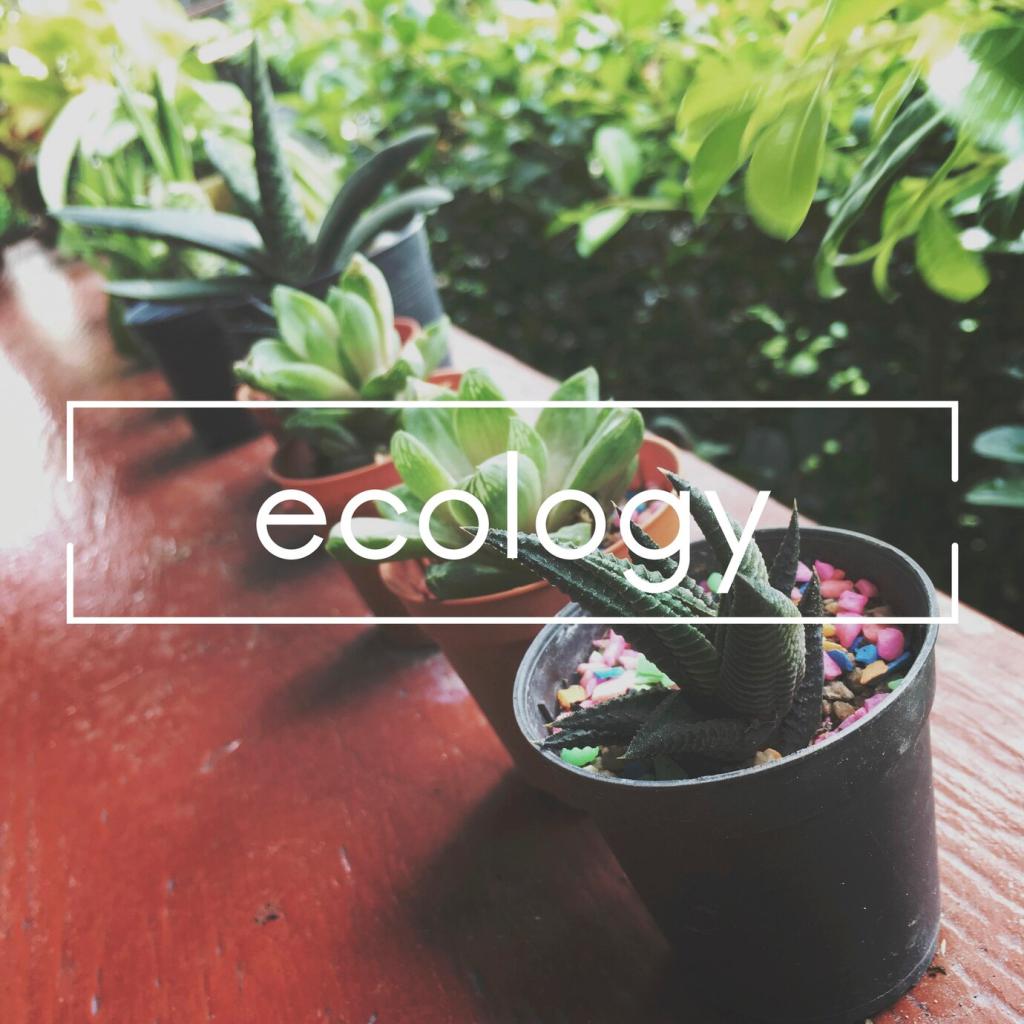
Companion planting is an age-old approach that harnesses the natural relationships between different plant species. By placing pest-repelling or nutrient-enhancing plants next to more vulnerable crops, gardeners can limit infestations and boost productivity without chemicals. Popular companion planting pairs include marigolds with vegetables to deter nematodes, or basil with tomatoes to repel flies. Understanding these interactions helps beginners create healthier, more diverse gardens that are better equipped to withstand pests and weeds through natural synergy.
